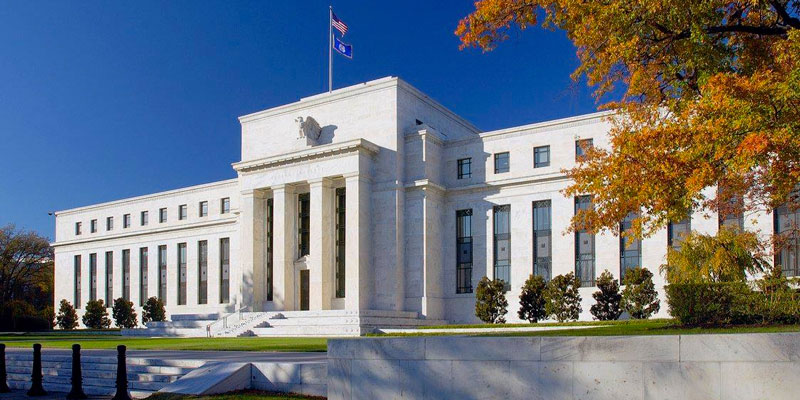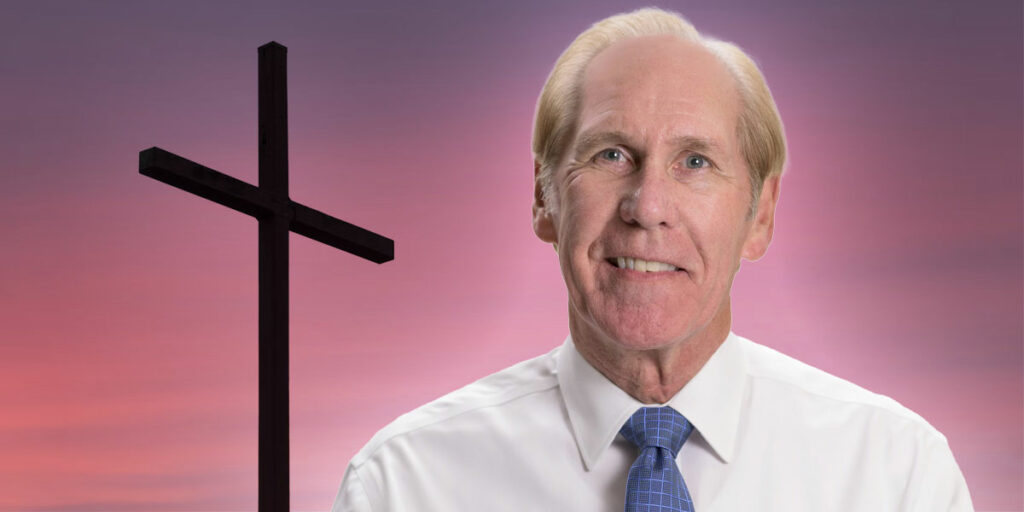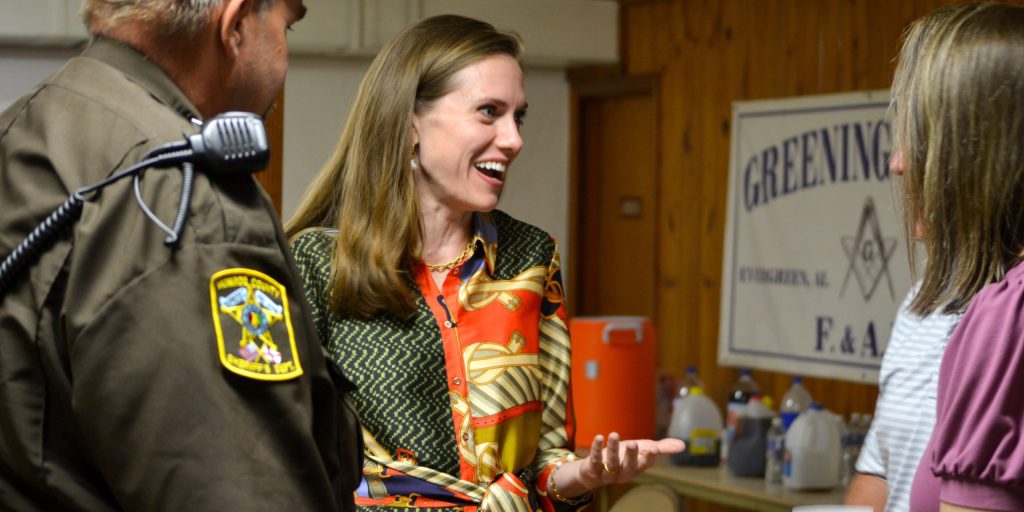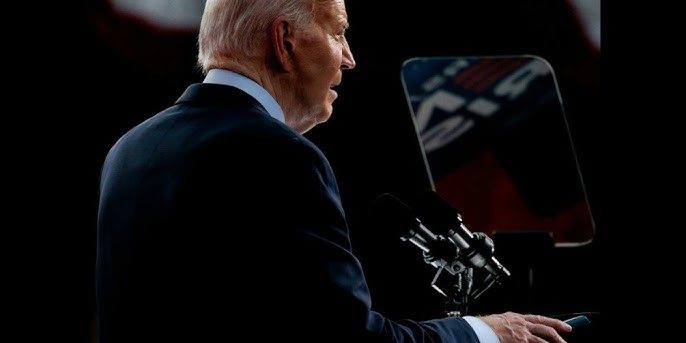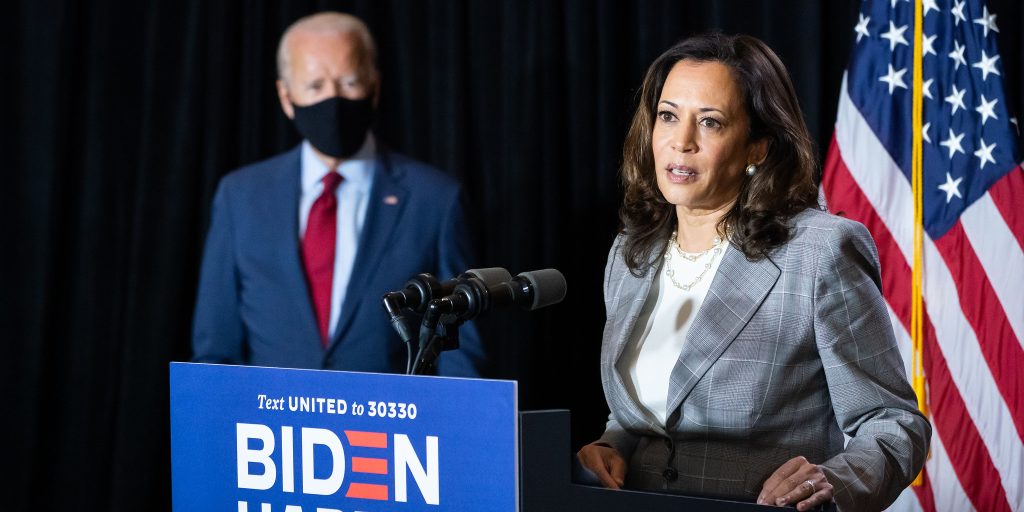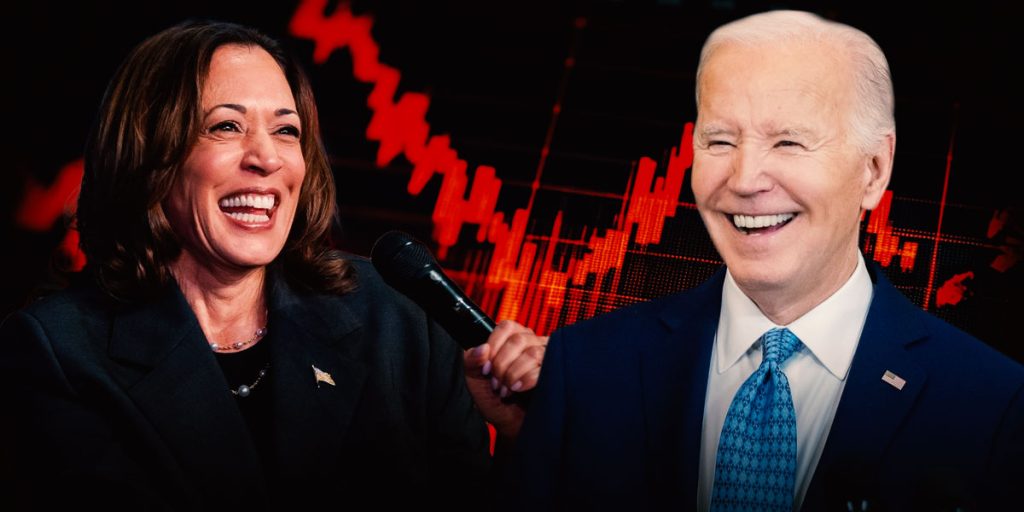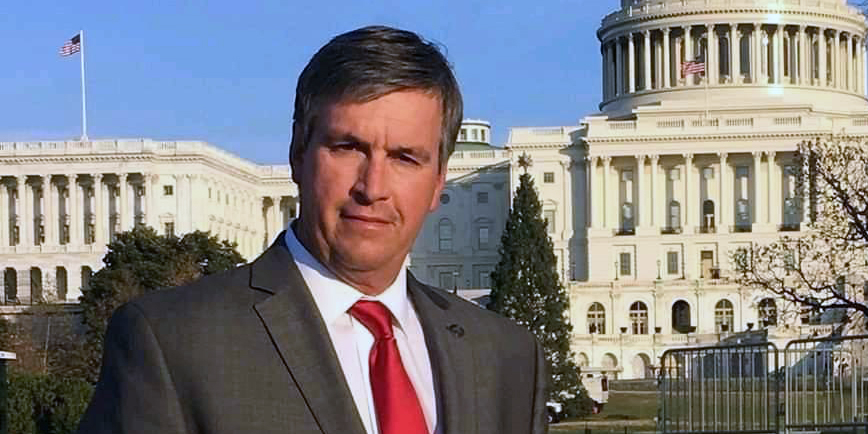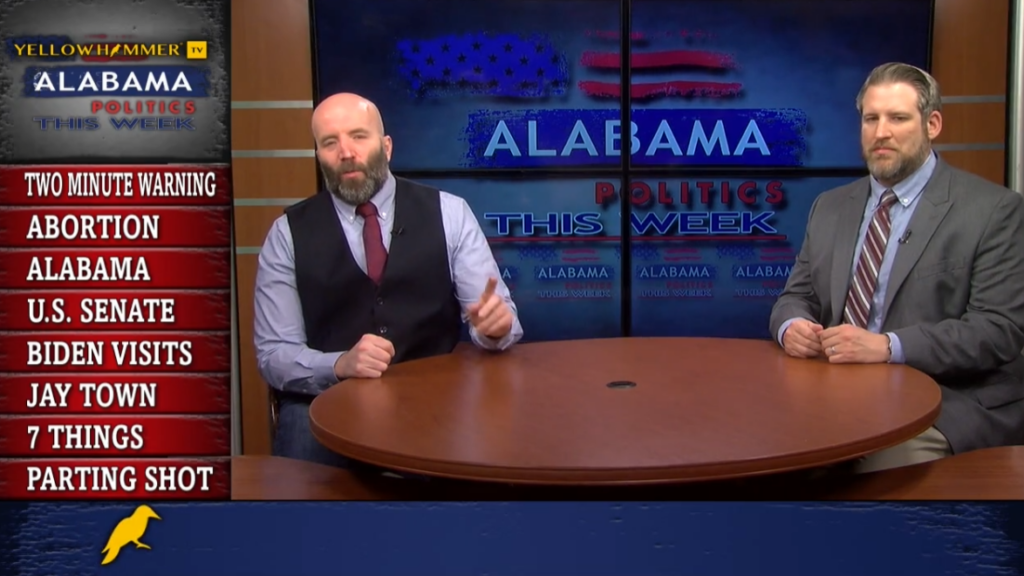We have been told repeatedly to “follow the science,” which usually means submit to expert rule. But experts, no matter how smart, cannot run society efficiently.
Recognizing the limits of experts is not anti-science. The Federal Reserve’s inflation forecasts provide more evidence on this.
Adam Smith in 1776 was one of the first to recognize that institutions were often products of “human action but not human design.” They arise and evolve spontaneously as people discover things which improved their lives. Economists Ludwig von Mises and Friedrich Hayek detailed the limits of expertise during debates over socialism in the 1930s and 1940s.
Once you know what spontaneous order is, you recognize its prevalence, and not just in economics. Consider language. No one person or group formulated English and new words continue to emerge. People used “ain’t” before it was in a dictionary.
The absence of a planner allows the use far of more information than any person or board could possess. Spontaneous orders achieve far greater complexity.
Leonard Read’s classic essay, “I, Pencil,” illustrates this truth: no one knows how to produce a simple pencil. Money is another spontaneous institution. People wanting to exchange peacefully with each other instead of taking or stealing discovered that using gold or silver made trading easier.
But governments took control of money before the rise of political liberalism which held that government was legitimate only when serving the people. Before liberalism powerful kings and emperors forced their subjects serve them.
The Federal Reserve System is quasi-public, with a board of governors appointed by the president and 12 regional banks controlled by member commercial banks. The Fed possesses considerable independence from politicians. The governors serve staggered 14-year terms. Member banks select the regional bank presidents.
Economists have found central bank independence to generally be beneficial. Nations with more independent central banks have significantly lower inflation rates without sacrificing growth. Economist Robert Barro likens central bank independence to the elusive free lunch.
Yet independence makes it difficult to ensure that the Fed truly serves citizens, a central argument of Alex Salter, Daniel Smith and Peter Boettke in “Money and the Rule of Law.” Just as taxation resembles theft (armed persons taking money that belongs to others), creating new currency resembles counterfeiting.
The consent of the governed distinguishes taxation from theft or monetary policy from counterfeiting. The Fed conducts discretionary monetary policy, increasing or decreasing the money supply to try to stabilize the economy. Economists do not agree whether monetary policy can accomplish this.
The Keynesian models of the 1960s, which allowed fine-tuning of the economy, were badly flawed. Most economists likely agree that the Fed cannot improve economic performance without accurate forecasts.
We are experiencing the worst inflation in forty years. The Fed’s Open Market Committee (OMC) conducts monetary policy and makes projections of key economic variables, including inflation. The Fed prefers a different price index than the Consumer Price Index (CPI), and this index currently shows lower inflation than the CPI, 6.3% versus 8.5%.
The differences, however, are not important: both have risen sharply over the past year. The Fed did not see this coming. As tallied by Florida Atlantic economist William Luther, in December 2020 the OMC projected 1.9% inflation for 2022; as late as December 2021 the forecast was only 2.2%. If price increases slow in the second half of 2022, inflation will be less than the current 6.3% but still well above the forecast.
The failure is not for want of experts. The Fed employs hundreds of PhD economists and pays top salaries. Many top professors in macroeconomics and money have Fed appointments.
Experts assure us they will improve society if we obey their commands. Yet when we pay attention, we see the limits of expertise. The Fed’s inability to see the onrushing freight train of inflation that has smacked America shows again that experts know much less than they think.
Daniel Sutter is the Charles G. Koch Professor of Economics with the Manuel H. Johnson Center for Political Economy at Troy University and host of Econversations on TrojanVision. The opinions expressed in this column are the author’s and do not necessarily reflect the views of Troy University.




